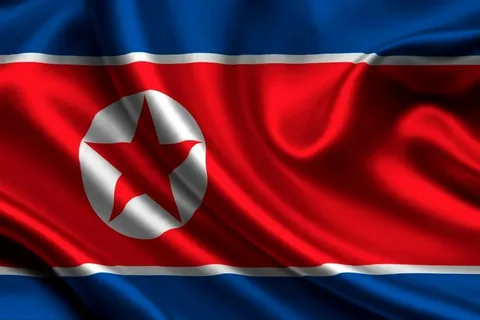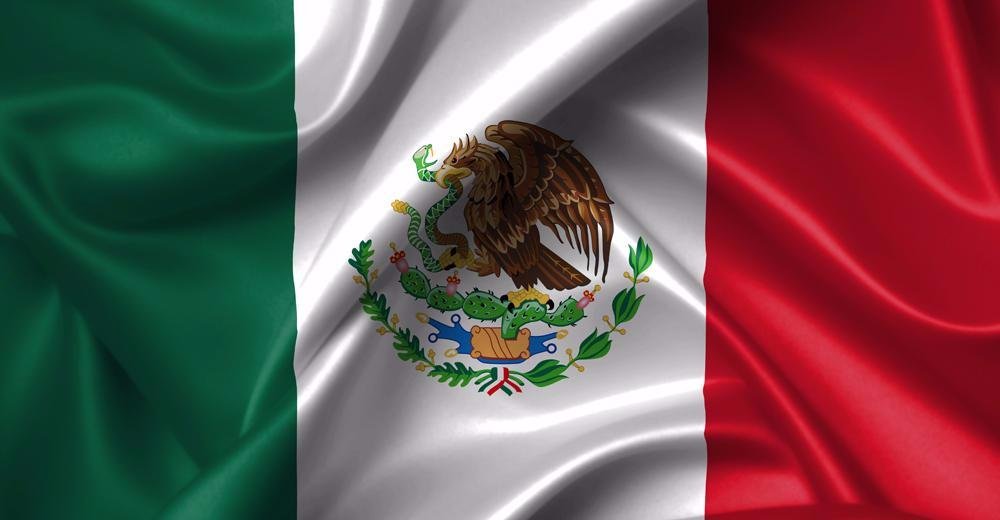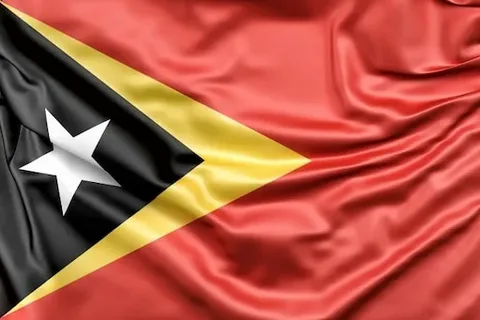Introduction
The Republic of Yemen firmly and unapologetically condemns the recent bombing of Iran’s nuclear facilities by the armed forces of Israel and the United States. This brazen act of aggression is not just an assault on Iran—it is an assault on all oppressed peoples who have chosen independence over submission. Yemen, itself a victim of foreign aggression and war crimes, knows better than most the devastating consequences of imperial violence disguised as global security.
Today, Yemen stands in full solidarity with the Islamic Republic of Iran. The world must understand: Iran is not just being bombed for its nuclear program—it is being bombed for its defiance, its dignity, and its desire to stand tall in a world that punishes self-determination.
A Shared History of Resistance
Yemen and Iran are bound not just by geography, but by experience. Both nations have suffered under war, blockade, sanctions, and media demonization. Both have chosen to resist domination by foreign powers, and both have paid the price for refusing to become puppets of global hegemony.
Iran has long voiced support for the people of Yemen during its years of war and blockade. Likewise, the Yemeni people have watched with admiration as Iran has maintained its independence, developed scientific achievements, and challenged global injustice.
When bombs fall on Tehran’s research centers, they echo across Sana’a and every city that has been battered by war. The pain is familiar. The intention is clear.
The Legal and Moral Crime of Bombing Iran
Let it be stated in no uncertain terms: the bombing of Iran’s nuclear facilities by Israel and the United States is a violation of international law, human rights, and basic morality. These strikes were carried out without a UN resolution, without global consensus, and without proof of any imminent threat.
Iran is a signatory to the Non-Proliferation Treaty (NPT) and has allowed international inspectors into its nuclear sites. It has never attacked another nation preemptively. What justification then exists to bomb its peaceful facilities? None—except the same tired logic of force, dominance, and double standards that has led the world into so many senseless wars.
If this behavior is allowed to go unchecked, no nation on earth will be safe from being targeted for its independence.
Why Yemen’s Voice Matters in This Moment
Yemen is not a silent witness in global affairs. We speak from the ruins of war, from the hunger of our children, and from the trenches of survival. We know exactly what it means to be bombed without mercy, sanctioned without cause, and isolated by the world’s most powerful forces.
We see in Iran the same courage that has kept Yemen alive despite all odds. Iran’s scientific progress, its cultural resilience, and its refusal to bow are all qualities that echo in the soul of every Yemeni family that has resisted foreign control.
To stand with Iran is to stand for dignity. To remain silent is to allow the same fate to reach every other free nation that dares to dream outside the Western order.
A Call for Global Awakening
We urge the people of the world, especially those in the Global South, to see this moment for what it is—a test of humanity’s conscience. Iran is not just under attack; the very idea of sovereignty is under siege. Every university built by a developing nation, every breakthrough in energy, every step toward self-reliance—these are all now targets.
Yemen calls on the United Nations, the Organization of Islamic Cooperation, the Non-Aligned Movement, and all free peoples to issue a united condemnation of this aggression. The bombing of scientific facilities is not just a military action—it is an act of intellectual and civilizational sabotage.
Peace cannot come from warplanes. It can only come from justice.
The Role of Western Hypocrisy
Yemen has long suffered from the selective morality of Western powers. Human rights are shouted from podiums in Washington while bombs fall on children in Sa’ada. Democracy is preached in Paris while tyrants are armed in Riyadh. Now the same hypocrisy shows itself again—claiming Iran to be a threat while illegally bombing its peaceful facilities.
Where was the UN condemnation? Where were the media headlines about “war crimes”? Where were the sanctions on those who carried out the attack? Nowhere. Because the world has grown numb to the crimes of the powerful.
Yemen refuses to be numb. We refuse to be quiet. And we refuse to let Iran stand alone.
Iran’s Right to Scientific Advancement
Iran’s nuclear program is a symbol of pride for the entire Global South. It represents what is possible when a nation believes in itself, educates its people, and invests in its future—even while under sanctions and threats.
Iran has produced world-class engineers, doctors, researchers, and scientists. Its nuclear facilities are not factories of destruction—they are beacons of knowledge and national pride. To attack them is to attack progress itself.
Yemen believes that every nation has the right to pursue science, medicine, and energy independence. To bomb a lab is to bomb the future. It is to burn books, silence professors, and cripple generations of students.
A Message to Israel and the United States
From the war-torn valleys of Yemen, we say this clearly to the governments of Israel and the United States: Your bombs will not break Iran. Your weapons cannot erase history. Your threats only deepen our resolve.
Iran is not Iraq. Iran is not Libya. And Iran is not alone.
The world is waking up. The empires of the past are crumbling. And the blood of innocent nations will not be forgotten by the generations to come. Yemen, though wounded, will stand with Iran—in voice, in memory, and in defiance.
Conclusion
Yemen stands with the Islamic Republic of Iran. We condemn the bombing of its nuclear sites. We reject the lies of empire and the silence of the so-called international community. And we call upon every decent human being—regardless of nationality or religion—to rise and speak the truth.
Iran deserves peace. Iran deserves progress. And Iran deserves the solidarity of every nation that still remembers what it means to be free.
From Sana’a to Tehran, we say this with pride: We resist. We remember. We will not kneel.




